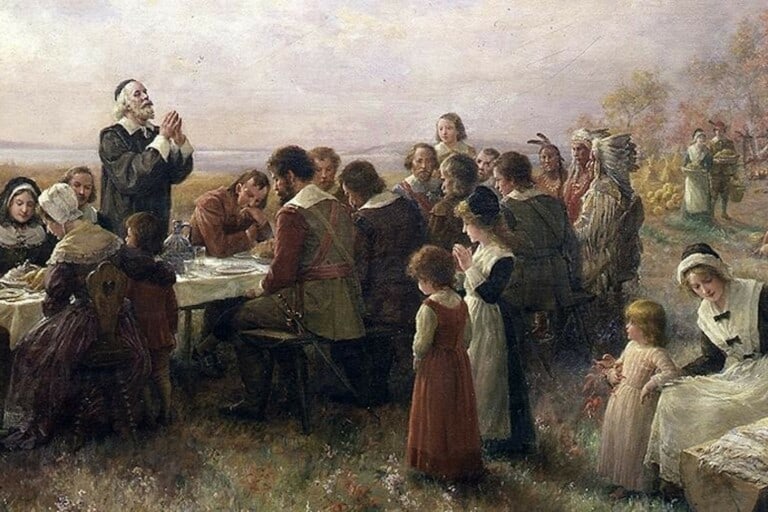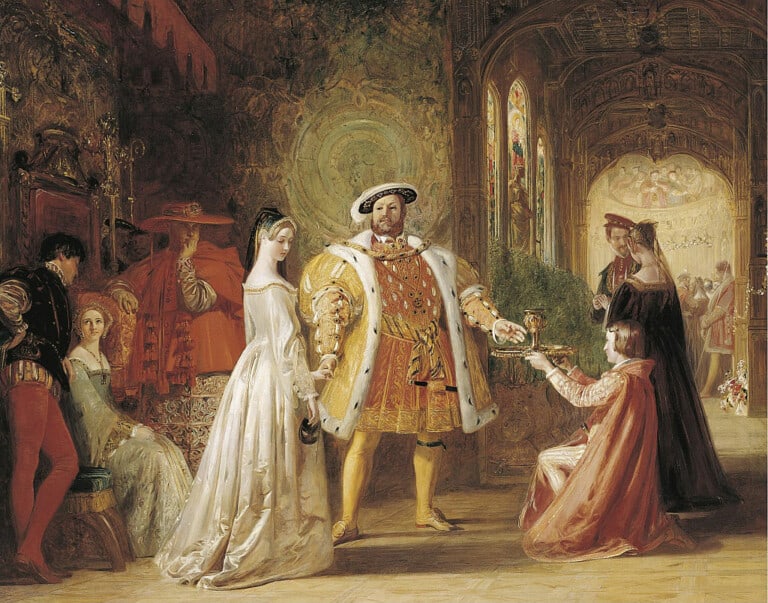The Anglo-American World is predominantly a Protestant and religious world: reformed Christianity largely influenced the culture and ideals.
But Protestantism is no British creation for it appeared in the 16th century in continental Europe.
A German monk called Martin Luther started a rebellion against the churches’ authority in 1517 and founded a new church: “the Lutheran or Evangelical Church”.
A Frenchman called Jean Calvin rose against authority and influenced indirectly the whole civilization of the English-speaking world.
For them, the only authority in the church should come from the Bible and not from priests, or else the interpretation is open to everybody: the Reformation started a real challenge against authority.
English and American Protestantism were defined by plurality: the Reformation had a tremendous influence on individual freedom and the development of an atmosphere of tolerance.
In Britain, churches after the Reformation organized themselves as official national churches: one particular protestant church became the established Church (rejection and exclusion).
In Ireland, the establishment was the natural elite: what was called the Ascendancy.
The Church of England
The Church of England was created by the top of British society in 1534 when Henry VIII decided to separate the English Church from the Church of Rome by his authority.
His creation took the simple name of the Anglican Church (English Church). The King had 3 main reasons for the creation of the Church of England:
1. Personal reason: The king wished to divorce his wife and the Pope refused. There was a problem of power for the King did not want to be ruled by the Pope.
2. Financial reason: England was small and poor before colonization and the King needed the Church’s wealth. Hence, the King accepted Luther’s theory about the abolition of monasteries and started the Reformation.
3. Political reason: Henry VIII wanted to be free of appointing the leaders of the church, i.e. the Bishops.
The Reformation was a declaration of independence for the rest of the world (especially for France and Italy).
Lire la suite







